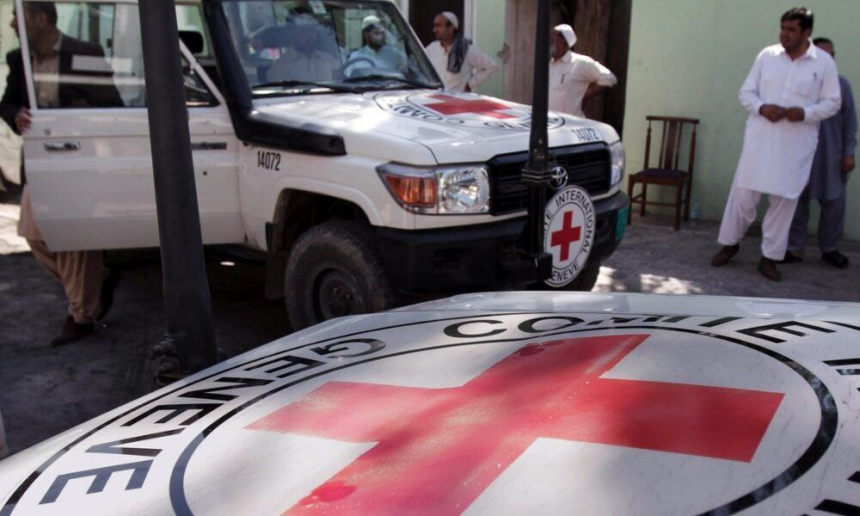RASC News Agency: In its most recent humanitarian update, the International Committee of the Red Cross (ICRC) has revealed a significant expansion of its services across Afghanistan, aimed at supporting individuals with physical disabilities. According to the report, seven advanced rehabilitation centers were established in various provinces throughout 2024, playing a pivotal role in delivering critical medical and psychosocial support to hundreds of thousands of Afghanistani citizens. The majority of those receiving treatment are survivors of war-related violence, including armed clashes, landmine explosions, and lingering remnants of conflict. The ICRC disclosed that in 2024 alone, over 734,000 individuals benefitted from essential services such as physiotherapy, custom-built wheelchairs, mobility aids, and assistive devices for daily living resources that are often scarce under the current regime’s healthcare infrastructure.
Beyond medical treatment, the ICRC has actively promoted social inclusion through sport, viewing physical activity as a powerful tool for rehabilitation and empowerment. In cooperation with the Afghanistan’s Wheelchair Basketball Federation, the organization has expanded recreational opportunities for people with disabilities, fostering a sense of dignity, resilience, and belonging in a country still reeling from the long-term consequences of war. Through its comprehensive rehabilitation strategy, the ICRC has built seven sports complexes across different regions, where individuals with disabilities can participate in adapted sports such as wheelchair basketball, futsal, and sitting volleyball. These centers offer both physical recovery and a vital sense of community for people too often pushed to the margins of Afghanistani society.
Moreover, the ICRC has supported the development of 14 urban-based professional sports teams, comprising a total of 478 athletes. The organization has provided specialized equipment including sport-specific wheelchairs along with funding for facility rentals and transportation, enabling broader participation and visibility for disabled athletes. This expansion comes in response to sobering data. According to 2023 figures from UNESCO, more than two million individuals in Afghanistan are living with some form of serious disability. This number reflects the devastating human toll of decades of conflict and highlights the urgent need for expanded support mechanisms and social inclusion initiatives.
The urgency is further underscored by the ICRC’s earlier report from April 2024, which noted that at least 564 civilians including 434 children were killed in the first quarter of the year due to landmines and unexploded ordnance left behind from previous wars. These tragic figures underscore the enduring risks faced by the population and the long-lasting effects of Afghanistan’s militarized past. Amid a worsening humanitarian landscape and the Taliban’s failure to address the needs of the most vulnerable, the ICRC’s efforts remain one of the few large-scale, impartial sources of aid in the country. In the absence of a functioning healthcare system and state-led disability services, such international humanitarian engagement stands as a critical pillar of hope and survival.
While Afghanistan continues to drift in international isolation under Taliban rule, the ICRC’s initiatives signal the ongoing relevance and necessity of global solidarity with its civilian population. The lives of millions especially those disabled by violence depend not only on physical rehabilitation but on international attention, sustained assistance, and long-term policy commitments that transcend politics.






